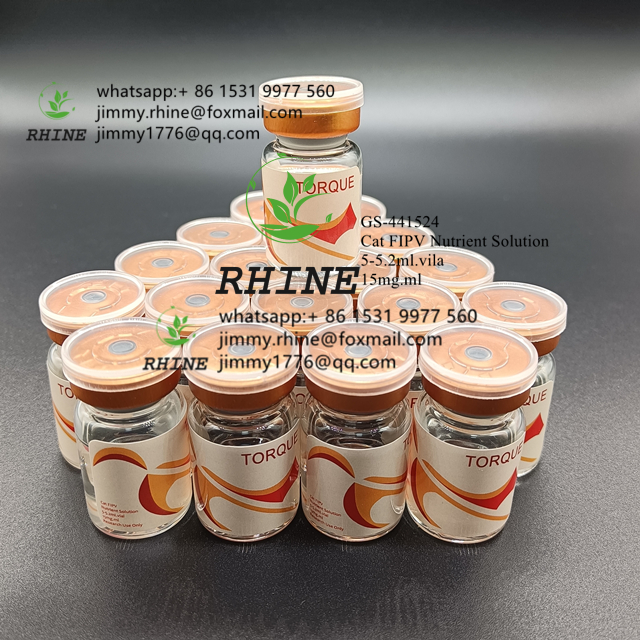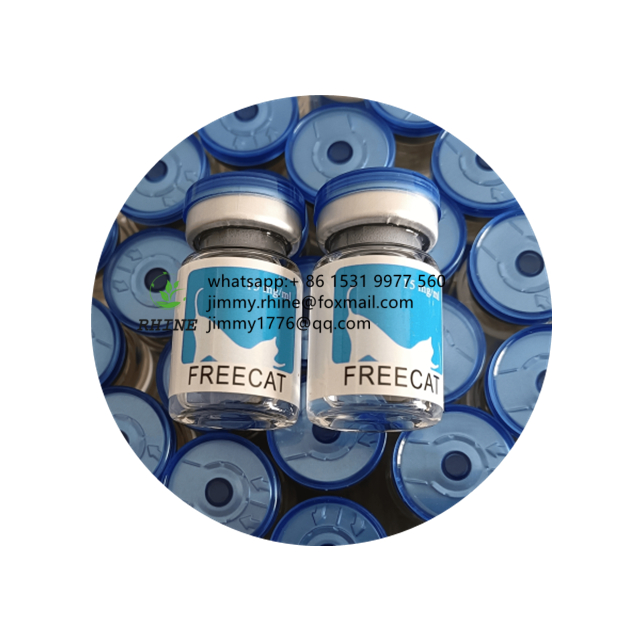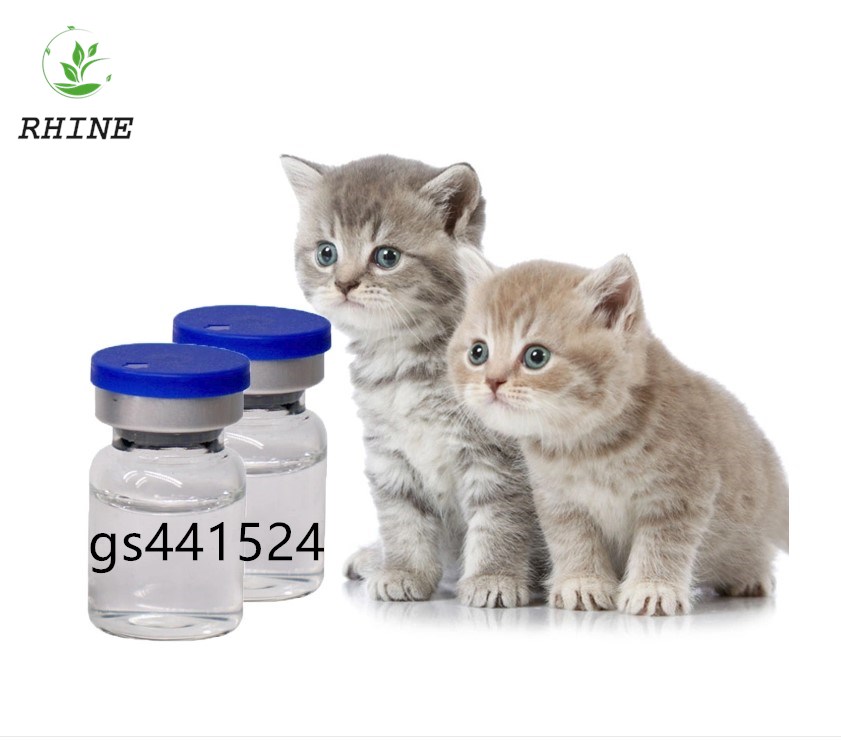Zinc is one of the trace elements necessary for the growth and development of vegetables, and many vegetables have obvious effect of increasing zinc production. For example, tomato, Chinese cabbage, eggplant, and leguminous vegetables are all hi-zinc vegetables. Applying zinc fertilizer can increase yield and improve quality. And the rational use of zinc fertilizer can play a supporting role in the prevention and treatment of viral diseases, so the use of zinc fertilizer can not be ignored.
The content of zinc in the soil is relatively small and generally cannot meet the needs of crop growth and development. It must be supplemented by fertilization. In particular, in northern China, there are many alkaline soils. The PH value of this type of soil is relatively high, which relatively reduces the effectiveness of zinc and it is very necessary to supplement zinc.
Of course, although vegetable production requires zinc supplementation, it does not mean that the amount of zinc fertilizer should be used as much as possible. Vegetable farmers must remember “three nos†when supplementing zinc fertilizer to vegetables.
First, do not overdo it. The reason why zinc fertilizer is micro-fertilizer is that the crop needs less of it, and the application amount is too toxic to the crops (some vegetable farmers use 3 kg of zinc sulfate in the base fertilizer, and the latter is also frequently replenished with zinc fertilizer. Zinc sulfate reaches 250 grams). Causes stagnation of crops, small and thin leaves, and affects normal photosynthesis.
Second, do not apply continuously in the base fertilizer. Zinc fertilizer as a base fertilizer is generally valid for a long period of time, once applied, sustainable for 1-2 years. In addition to severe zinc-deficient soil, zinc fertilizer is recommended to be applied once a year. However, in practical production, vegetable farmers apply zinc fertilizer at the end of every vegetable planting, resulting in zinc fertilizer applied twice a year, which leads to excess zinc in the soil and inhibits the absorption of other elements in the soil.
Third, do not mix with alkaline fertilizers, alkaline pesticides. When zinc is mixed with alkaline fertilizers, it will react and reduce the fertilizer effect. Similarly, the combination of zinc and alkaline pesticides reduces the effectiveness of zinc and the efficacy of pesticides. Moreover, if zinc fertilizers are mixed with phosphate fertilizers, it is easy to form zinc phosphate precipitation, which not only reduces the effectiveness of zinc, but also reduces the fertilizer efficiency of phosphorus, so they should not be used at the same time.
Therefore, when zinc fertilizer is used as a base fertilizer, no matter if it is a large vegetable, or cultivated for more than one year, it can be applied once at the end of the year. According to the degree of zinc deficiency in soil, 0.5 to 2 kg of zinc sulfate per mu is used as base fertilizer. When used as top dressing, 0.75-1 kg of zinc sulfate per mu is mixed with fine soil applicator. When the foliar spray is applied, 90-180 g of zinc sulfate per acre is used to spray 60 kg of water on a sunny day. When used, it is best to use it alone to avoid reaction with other chemical fertilizers and affect the absorption of zinc by the crop.
Feline Infectious Peritonitis (FIP), referred to as Feline Infectious Peritonitis (FIP), is a fatal abnormal immune response that occurs in cats. It is caused by the mutation of the feline coronavirus carried by cats. As a high-incidence and fatal disease of pet cats, the current incidence of feline abdominal transmission is about 10%.

The symptoms of cats are usually divided into two categories, namely wet FIP and dry FIP, of which wet FIP accounts for the majority of all cases. About 70%, manifested as abdominal pleural effusion, abnormal bulging; dry FIP cats have different symptoms, depending on the type of organ affected by the virus.

So far, all feline feline feline treatments are based on the characteristics of the disease, and GS-441524 can play a role in the treatment of feline feline disease. Therefore, the therapeutic effect of GS-441524 is obviously more ideal, the dose used is less, the treatment cycle is shorter, and the efficacy, safety and convenience of operation are all good. Because of this, GS-441524 is considered by many pet owners and veterinarians to be a magic medicine that can effectively treat feline abdominal infection.

Gs 441524 Fip,Fip Treatment Gs441,Gs 441524 Fipv Cats,Gs 441524 For Fip
XI AN RHINE BIOLOGICAL TECHNOLOGY CO.,LTD , https://www.rhinebioteches.com